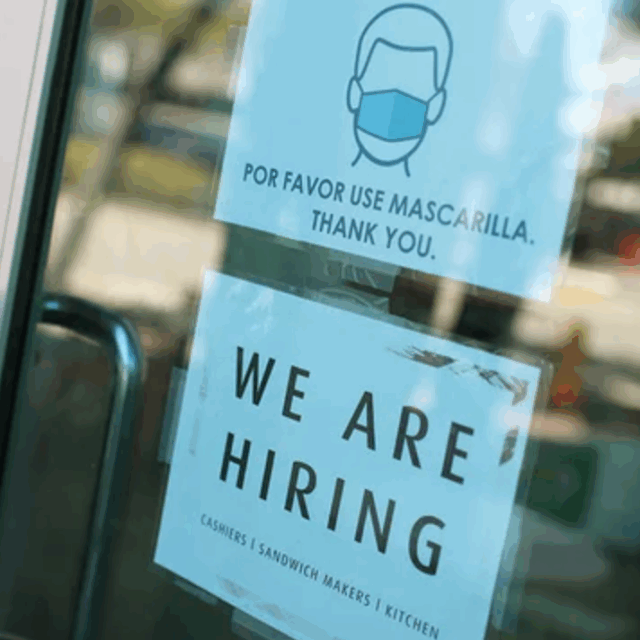As COVID-19 vaccination roll out continues and the U.S. economy recovers, teens are hoping to land the summer jobs they likely missed out on last year. However, not all teenagers are experiencing the benefits of current labor-market improvements equally. This trend is cause for concern, given the crucial role early employment experiences play in job skill attainment and future financial stability. Municipal summer jobs programs offer an evidence-based, cost-effective solution to this problem. To ensure an equitable economic recovery, these programs should be prioritized for COVID-relief funding through the American Rescue Plan.
The June jobs report demonstrated a decline in unemployment among young people, and some outlets are suggesting that teens will be able to obtain summer employment easily this year. However, COVID-19 has exacerbated racial disparities in access to quality employment among young people. Even prior to the pandemic, white teens were more likely than their peers of color to be employed in the summer months. Now, the current unemployment rates among Black (13.6 percent), Hispanic (11.9 percent) and Asian (13.8 percent) youth are substantially higher than that of their white peers (9.9 percent). This disparity matters because summer jobs are essential for young people to gain employment experience and build both soft and hard skills for future success in the workforce.
Many U.S. cities host structured summer jobs programs to connect teens to employment opportunities they might not have access to on their own. These popular programs place young people, ages 14 to 24, in part-time summer jobs at community-based or private sector employers. Applicants are often from low-income communities and many participants are youth of color, particularly Black and Hispanic.



